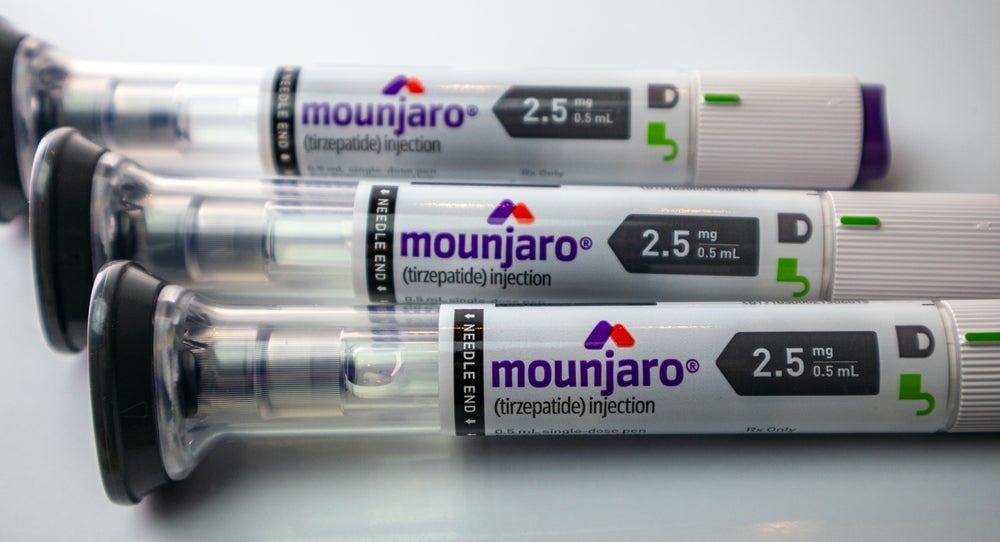ABO Blood Group Influences NEC Risk, Mortality in VLBW Infants
The influence of genetic factors on neonatal outcomes has long been a subject of intense scientific scrutiny, with particular emphasis on identifying biomarkers that could predict susceptibility to severe health complications in vulnerable populations. A groundbreaking study led by Yue, Liu, Zong, and colleagues, recently published in Pediatric Research, sheds light on the profound impact […]


The influence of genetic factors on neonatal outcomes has long been a subject of intense scientific scrutiny, with particular emphasis on identifying biomarkers that could predict susceptibility to severe health complications in vulnerable populations. A groundbreaking study led by Yue, Liu, Zong, and colleagues, recently published in Pediatric Research, sheds light on the profound impact that the ABO blood group may have on the incidence and mortality rates of necrotizing enterocolitis (NEC) among very low birth weight (VLBW) infants. This revelation marks a significant advancement in neonatal medicine, suggesting that the simple and widely accessible blood group typing could be an invaluable prognostic tool in neonatal intensive care units (NICUs) worldwide.
Necrotizing enterocolitis represents one of the most devastating and enigmatic conditions encountered in neonatology, primarily affecting premature infants with compromised immune and gastrointestinal systems. Characterized by intestinal inflammation and necrosis, NEC’s etiology has proven multifactorial, with genetic predispositions, microbial dysbiosis, and inflammatory cascades all playing contributory roles. The incidence of NEC among VLBW infants is notoriously high, and its mortality rates remain alarmingly elevated despite advances in neonatal care. Understanding how inherent genetic markers like ABO blood groups intersect with this pathology has the potential to transform treatment protocols and monitoring strategies.
The study conducted by Yue et al. meticulously examined a cohort of VLBW infants, stratifying them by their ABO blood group classifications, and meticulously documenting the incidence of NEC and related fatalities. Their data revealed a statistically significant correlation between certain ABO blood groups and both the likelihood of developing NEC and the subsequent risk of mortality. Specifically, infants with blood group A demonstrated an elevated incidence of NEC compared to other groups, while blood group O was associated with comparatively lower incidence and mortality rates. These findings suggest that the ABO antigens expressed on the surface of red blood cells might play a complex role in modulating the neonatal immune response and inflammatory pathways in the gut.
.adsslot_Vwu7FpcWX6{ width:728px !important; height:90px !important; }
@media (max-width:1199px) { .adsslot_Vwu7FpcWX6{ width:468px !important; height:60px !important; } }
@media (max-width:767px) { .adsslot_Vwu7FpcWX6{ width:320px !important; height:50px !important; } }
ADVERTISEMENT
From a mechanistic standpoint, the ABO blood group antigens are glycoproteins and glycolipids that influence cell signaling, adhesion, and immune recognition. These antigens are not only present on erythrocytes but also on the endothelial and epithelial cells lining various organs, including the gastrointestinal tract. The differential expression patterns might affect how the neonatal gut epithelium interacts with microbiota and responds to inflammatory stimuli. The study posits that blood group A antigens may facilitate a pro-inflammatory milieu, exacerbating mucosal injury and impairing the mucosal barrier, thereby increasing vulnerability to NEC.
Moreover, the implications of these findings extend beyond mere correlation; they beckon a closer examination of potential molecular pathways underpinning NEC pathogenesis in the context of ABO blood groups. The researchers discuss the possibility that ABO blood group antigens modulate the release of cytokines and chemokines, pivotal mediators in inflammation and immune responses. In particular, blood group A may bias immune cells toward a Th17 or other pro-inflammatory phenotype, intensifying intestinal inflammation, while blood group O might confer a relative protective effect by promoting regulatory immune pathways or beneficial microbiome compositions.
One striking aspect of the study involves its potential to influence clinical practice in NICUs. Early identification of VLBW infants at higher risk for NEC based on ABO blood type could catalyze preemptive interventions, such as tailored nutritional plans, probiotic administration, and vigilant monitoring protocols. This stratification strategy could dramatically reduce NEC-related morbidity and mortality by enabling neonatologists to apply precision medicine principles in one of the most fragile patient populations.
Furthermore, the study highlights the necessity of integrating genetic information with traditional clinical indicators to foster a more nuanced risk assessment paradigm. While gestational age, birth weight, and clinical stability remain paramount, the addition of ABO blood typing as a predictive factor enhances the granularity of neonatal prognostication. This multimodal framework could also facilitate parental counseling and decision-making processes by providing clearer expectations regarding complication risks.
Interestingly, the research team included a comprehensive analysis of mortality outcomes, revealing that not only the incidence but also the lethality of NEC episodes was influenced by ABO blood group. Blood group A infants not only experienced higher NEC rates but also had significantly poorer survival outcomes post-diagnosis. This dual association underscores the potential pathophysiological interactions between ABO antigen expression and disease progression, further cementing the importance of blood type as a biomarker.
The study’s robust design, encompassing a sizeable and ethnically diverse cohort, reinforces the generalizability of these findings across various populations. This is crucial, given the known variability of ABO blood group distributions among ethnic groups and the need to assess whether these correlations hold universally. The researchers’ statistical rigor, including multivariate adjustments for confounding factors such as gestational age and comorbidities, strengthens confidence in the causal inference implied by the associations observed.
Beyond the immediate neonatal context, the findings open avenues for investigating the role of ABO blood groups in other inflammatory or ischemic neonatal conditions, potentially uncovering a broader spectrum of genetically mediated vulnerabilities. They also align with growing evidence implicating ABO blood groups in adult diseases that feature inflammatory and thrombotic components, suggesting a life-course relevance of these genetic traits in health outcomes.
Technological advancements in genomic and glycomic profiling may soon enable more detailed characterization of how variations within ABO gene loci influence antigen expression patterns and immune interactions in neonates. Such insights could lead to novel therapeutic targets, perhaps involving modulation of antigen expression or interference with downstream inflammatory signaling pathways to mitigate NEC risk and severity.
In summary, the study by Yue and colleagues marks a pivotal contribution to neonatal medicine by spotlighting the ABO blood group as a potent determinant of NEC susceptibility and mortality in VLBW infants. Their findings advocate for the incorporation of ABO blood type into neonatal risk stratification models, heralding a new era of personalized neonatal care. This research not only enhances our understanding of NEC pathogenesis but also embodies the promise of integrating genetic information into clinical algorithms to improve outcomes for the most vulnerable patients.
As the neonatal medical community digests these compelling results, future investigations will undoubtedly seek to replicate and expand upon these findings, explore the molecular underpinnings in greater depth, and translate them into practical interventions. The ultimate goal remains clear: to diminish the burden of NEC and improve survival and quality of life for VLBW infants globally. This study stands as a testament to the power of genetic insights to unlock new frontiers in neonatal care and transform clinical paradigms.
Subject of Research: Impact of ABO blood group on NEC incidence and mortality in very low birth weight infants
Article Title: Impact of ABO blood group on NEC incidence and mortality in VLBW infants
Article References:
Yue, W., Liu, Y., Zong, H. et al. Impact of ABO blood group on NEC incidence and mortality in VLBW infants. Pediatr Res (2025). https://doi.org/10.1038/s41390-025-04181-z
Image Credits: AI Generated
DOI: https://doi.org/10.1038/s41390-025-04181-z
Tags: ABO blood group and NEC correlationbiomarkers for neonatal outcomesgenetic factors in neonatal healthgenetic predispositions in neonatologyintestinal inflammation in preterm infantsmicrobial dysbiosis and NECnecrotizing enterocolitis risk factorsneonatal intensive care unit advancementsneonatal medicine breakthroughsprognostic tools for neonatal complicationsunderstanding necrotizing enterocolitis pathologyVLBW infant mortality rates
What's Your Reaction?

































